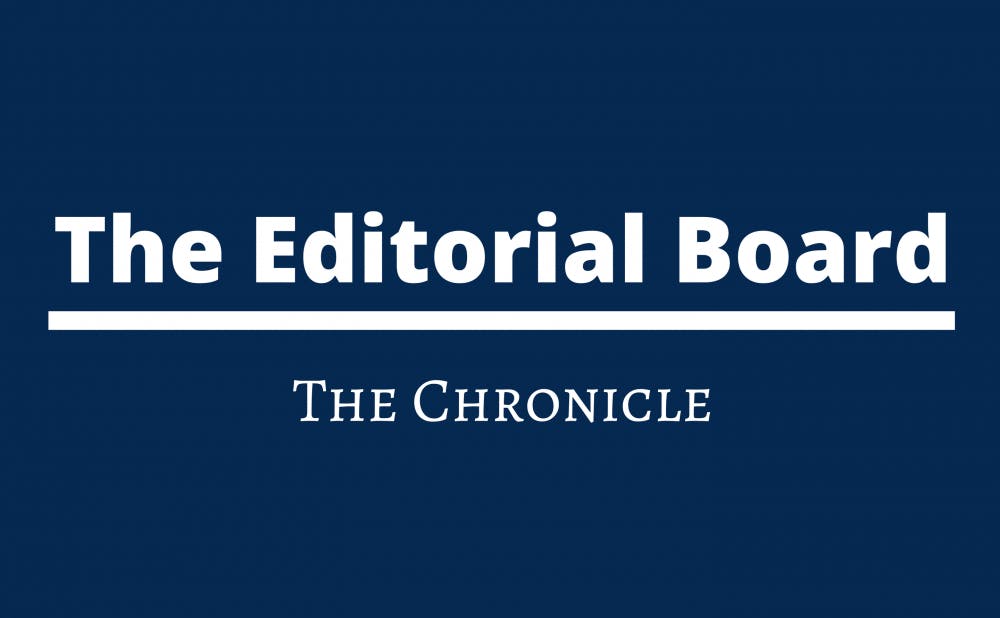Last week, millions of financial documents called the Paradise Papers were leaked from a Bermuda law firm that have revealed how various American colleges and universities, including Duke, have been exploiting a tax loophole that has allowed these institutions to hide away endowment funds through offshore accounts. For obvious reasons, this story has countless moral implications for the University, which has implicated Duke in a complex web of institutional hypocrisy involving questionable investment practices. Yet, the headline has been buried within the chaotic avalanche of White House updates and Duke’s administration has declined to comment on its involvement. Nonetheless, this revelation serves as an important opportunity to emphasize issues of financial transparency and to scrutinize the inherent conflicts between Duke’s stated mission and its actual institutional practices.
Most issues revolving around taxation tend to be complex and difficult to decipher, and this instance is no different. So, in order to fully understand the matter at hand, a few basic, yet essential background components are necessary. Firstly, “What is happening?” Duke and other wealthy, elite institutions with towering endowments are benefiting from what are called blocker corporations. Next, what are the implications of this? According to Bloomberg News, these allow academic institution to “avoid taxes on some complex investments and potentially escape scrutiny of ventures involving fossil fuels or other issues” by utilizing offshore tax havens.The secrecy of this transaction is a benefit for universities seeking to shield investments that may draw ire from students and community members. This was likely an alluring incentive for Duke in dealing with the shares it holds in a Brazilian company called Ferrous Resources, which is primarily focused on iron mining, an industry that has been well-document for its human rights abuses as well as environmental hazards. Furthermore, a Berkeley study found that the three most utilized federal tax expenditures for universities end up robbing the federal government of $19.6 billion dollars per year.
With all of this in mind, the impacts of Duke’s offshore investments are much clearer. The most obviously glaring issue that this information presents is a conflict between Duke’s supposed commitment to environmental conservation and the ecological devastation caused by its problematic investments. Back in Durham, the implications are perhaps equally distressing. In the past three years, Duke has steadily increased its tuition at an average of four percent annually, stating officially that the hikes remain essential for “world class faculty, small classes, unique experiences like DukeEngage and a leading research library, among many other things”. However, despite the administration’s claim that such tuition hikes are necessary given the financial state of the University, Duke simultaneously has been secluding funds surreptitiously in at least one offshore account—funds that decidedly can be used for more ethical purposes like financial aid. Additionally this disclosure is particularly gut-wrenching given how long Duke fought against implementing a living wage on campus and how contentious that fights between both adjunct faculty and graduate students over higher pay and dental insurance have been.
Ultimately, these documents—and all the issues that they both raise and confirm—should be a stark reminder that holding university leaders accountable is crucially important for the ethical health of our institution. The student members of the Duke community who enrich the University through research and other pursuits as well through our tuition should especially be interested in how their money is spent and invested. Transparency is key for an open and responsible university, a trait that Duke historically has lacked. This can begin by opening Board of Trustees meetings to members of the greater Duke community, especially to members of the student press. As members of the Duke community, students, faculty, non-academic workers and alumni, we have an obligation to demand a say in where Duke invests, and to ensure that such investments remain in line with the “high ethical standards” of the University’s mission statement.
Get The Chronicle straight to your inbox
Signup for our weekly newsletter. Cancel at any time.

